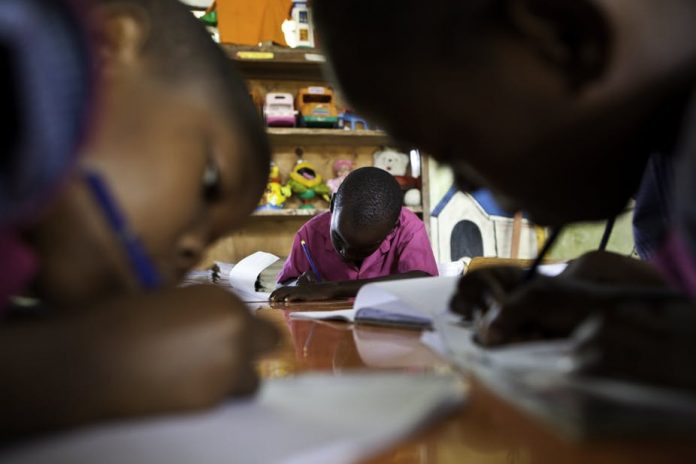By Jan Bietenbeck
Countries across sub-Saharan Africa have made impressive progress towards achieving universal school enrolment over the past few decades. But schooling isn’t the same as learning.
Recent studies reveal that children in this region learn remarkably little at school. For example, only one in five third-grade students in Kenya, Tanzania, and Uganda have second-grade literacy and numeracy skills, and less than one third of sixth-grade students in Southern and Eastern Africa can solve a simple subtraction problem.
This “learning crisis” means that sub-Saharan Africa is currently a long way from achieving quality education for all, which is one of the United Nations’ Sustainable Development Goals for 2030. The low levels of skills also reduce students’ labour market prospects and dampen countries’ economic growth.
Among the many potential causes of this crisis, one that’s often mentioned is the lack of preparation of children who enter school. The primary curriculum is demanding and can be hard to follow for children without previous experience of learning in a classroom setting. Increasing enrolment in preschools, which prepare children for primary school, is therefore often seen as a promising policy for raising learning levels. Accordingly, preschool education is on the rise in sub-Saharan Africa, with enrolment doubling from 15% to 32% between 2000 and 2017.
But until recently, there has been little empirical evidence of preschools’ effectiveness in boosting learning outcomes. Some observers even speculate that preschools might be doing more harm than good due to their narrow focus on teaching basic academic skills, which ignores children’s need for social and emotional development.



